
Things A First-Time Mom Should Know
October 3, 2022
How To Clean Infant’s Ears?
December 15, 2022Should Babies Sleep In Aircon Rooms?
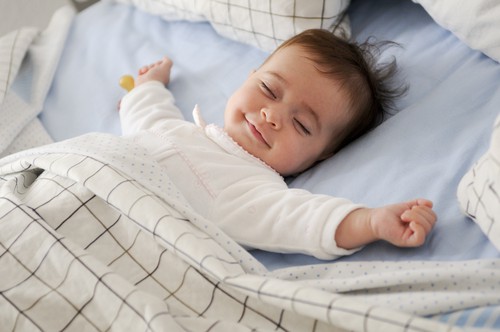

Should Babies Sleep In Aircon Rooms? Babies are often placed in babies in aircon rooms to reduce the risk of SIDS (Sudden Infant Death Syndrome). The air conditioning prevents babies from overheating, which can happen if they share a bed with an adult or sleep on a warm mattress. However, babies also need to have their bodies cooled down at night.
The importance of clean aircon can help to keep you cool on a hot day, thus placing your baby in an air-conditioned room prevents them from getting too hot and potentially overheating. This is especially important for newborns who don’t have fully developed thermoregulation capabilities yet.
Table of Contents
Reasons why babies sleep in aircon rooms
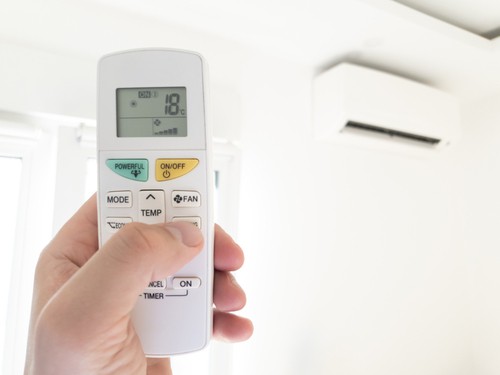
Babies Sleep Better in Air-Conditioned Rooms
It has been proved that babies who sleep in an air-conditioned room have better sleep than those who do not have an air conditioner in their room.
This is because when they sleep in a warm environment, they sweat easily, which causes them to wake up more often at night. This makes it difficult for them to go back to sleep again. However, if you put them under the air conditioner, then they will be able to get rid of their sweatiness quickly and fall asleep quickly again.
To Prevent Sids
It is the sudden and unexpected death of an infant. They remain unexplained after a thorough case investigation, including the performance of a complete autopsy, examination of the death scene, and review of the clinical history.
The risk of SIDS is significantly higher in infants who sleep on their stomachs or sides rather than on their backs. The trouble is also more significant in infants’ bed-sharing with parents.
A recent study shows that keeping babies well-ventilated helps reduce heat stress and, thus, the risk of SIDS. The study found that babies who slept in environments with temperatures around 19 C had an 80% lower risk of dying from SIDS compared with babies who slept in settings with temperatures above 23 C.
Air-Conditioned Rooms Are Comfortable and Safe
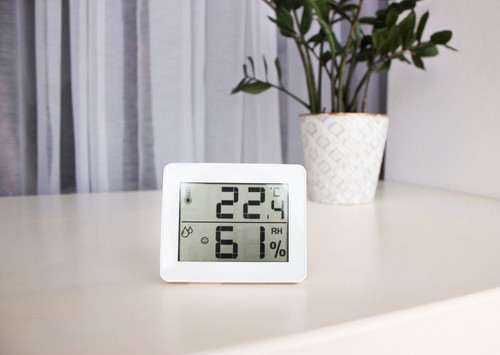
It is common to find babies sleeping in air-conditioned rooms. Many parents choose this option because it is comfortable and safe for their children. The room’s temperature should be at least 23C or lower, and there should be no sunlight coming into the room. If you do not have an air-conditioned room, try using a fan or moving your baby’s bed into a more relaxed room for sleep. Do not use hot water bottles or electric blankets, as they can cause burns and suffocation if misused.
Babies Are Susceptible to the Weather
They can easily get affected by cold or hot weather. It would help if you kept them in a warm and comfortable environment. The first few years of their life are crucial, and they must have enough sleep during this period. This will help them grow healthy and strong.
When it’s colder than usual, parents should also consider using air-conditioning rooms as bedrooms for children because they are equipped with heating devices that can help maintain a comfortable room temperature at all times, regardless of whether it is cold outside. But it’s not necessary to use them all year round because they may cause children to have dry skin and allergies due to high humidity levels in these rooms.
It’s a Comfortable Temperature
Babies like it cool because their body temperature is lower than adults’. The optimal temperature for babies is between 21C and 24C, so if you use a thermometer in your baby’s room, it should not exceed 25C. If it’s too warm, they will sweat and feel uncomfortable.
The risk of overheating increases when the room temperature is above 28C or the humidity level is high (above 60%). When this happens, babies may get dehydrated and overheat more quickly because their sweat glands don’t work as well as adults. This can lead to heat stroke and even death if not treated immediately.
Baby’s Temperature Is Unstable During the First Few Months
Babies have an unstable body temperature at birth because they have not yet developed the ability to regulate their body temperature effectively by sweating or shivering as adults do.
Their bodies cannot produce enough heat to keep themselves warm when they are cold, nor can they generate enough heat when they feel hot or overheated. Babies need extra help from parents to keep them comfortable all day long. If a baby gets too hot, it might get dehydrated and hyperthermic which can cause brain damage.
Healthy Growth
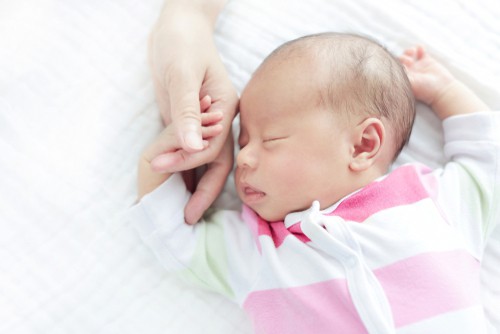
Babies grow at a very rapid rate during the first few years of their life. Their bodies need all the nutrients they can get from food, water, and air. The best way to ensure that your baby gets all these nutrients is by providing that they sleep in a cool room with fresh air around them. Air conditioning helps to keep the room cool and dry, which is perfect for babies who have not yet developed their body’s ability to regulate their temperature.
Improve Immune System
Babies who sleep in an air-conditioned environment have a better immune system than those who sleep in a room without air conditioning because an environment with high humidity and temperature can cause diseases such as pneumonia or colds for babies who are still young!
It Helps Babies Grow Faster and Healthier
Babies in aircon rooms grow faster than those who do not get enough heat during sleep time. They also live longer than those who do not have enough warmth during sleep because their bodies will have less risk of contracting colds or flu from other people since they have been exposed to cold weather conditions for a long time.
Should Babies Sleep In Aircon Rooms? – Conclusion
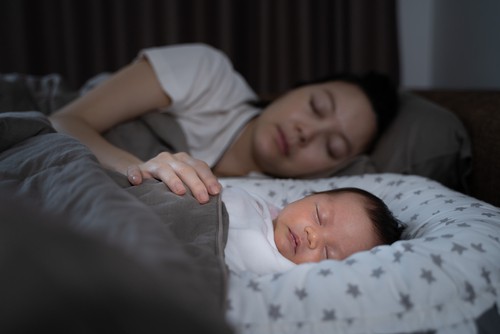
When it comes to caring for your child, nothing is more important than the safety and comfort of your baby. The temperature in Singapore is often scorching and humid. Although it may not seem like a big deal to adults, it can affect newborn babies.
The air conditioning in Singapore is usually set at 20 degrees Celsius (68 degrees Fahrenheit), which is suitable for an adult person’s body temperature. However, babies have a higher body temperature than adults, so they need to be kept at a lower temperature. Above are reasons why babies should stay in aircon rooms during the night and day to attain the temperature.

